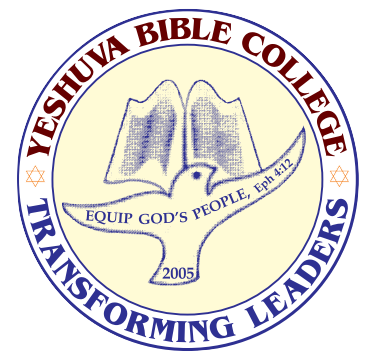Duration: 1 Year
Level: Certificate
Type: Certificate
Eligibility: 10th / SSLC
What is this course about?
The Certificate in Theology introduces students to the key theological disciplines of Biblical Studies and Christian Thought. This may be extended by further study in those disciplines or by electives in the area of practical ministry studies.
Course learning outcome
Graduates of the Certificate in Theology will:
Have sound foundational skills for the critical study of Christian texts.
Have skills to articulate foundational theological and scriptural knowledge and reflection.
Have developed clear analytical skills, allowing them to analyze and communicate sound theological arguments.
Apply their skills and knowledge to their own and other contexts and traditions.
Apply their skills and knowledge to the service of others through practical and relational engagement.
Follow on study
Graduates may proceed to Diploma in Theology and Ministry, an Advanced Diploma in Biblical Studies, or to Bachelor of Theology.
Course Structure
The Certificate in Theology consists of 120 points (eight standard units) of study, comprising:
30 points of study in Biblical Studies (Field B)
30 points of study in Christian Thought and History (Field C)
A further 60 points of study.
Each standard Diploma unit (15 credit points) runs for one semester of 15 weeks, including three weeks set aside for reading and examination, and normally has three class hours in each teaching week. Teaching methods include lectures, seminars and tutorials with class sizes rarely over 30, with many much smaller classes.
Units focused on ministry practice will involve supervised field placements, in which preparation, participation and evaluation of practical work play a key part alongside class work, observation, and reading.
Who’s Eligible for this course?
The Certificate in Theology course is open to students who have completed 10th or SSLC, or overseas equivalent. Probationary entry is available to mature-age (21 years or over) students without a Year 10th /SSLC Pass or Failed.
Course Features
- Lectures 47
- Quiz 1
- Duration 47 units
- Skill level All levels
- Language English & Kannada
- Students 16
- Assessments Yes
Curriculum
- 12 Sections
- 47 Lessons
- 10 Weeks
- 111 Old Testament SurveyA study of the thirty–nine books of the Old Testament in their historical, geographical and cultural contexts. This class is intended to give the student a grasp of the principal theme and outstanding features of each book, as well as to show its relationship to the other books of the Bible. Extensive reading of the Scriptures is required.6
- 113 Personal spiritual life & interpretation as learnt from Biblical charactersThe principles of stewardship are considered as they relate to the whole and total life, including time, talents, opportunities, money, homes and the Christian Ministry. The course is geared to emphasize the responsibility of the Christian as a steward of God.5
- 115 Mission & CulturesThe study covers the emphasis of mission in the N.T. and the basic model of communication in the context.4
- 131 Introduction to Systematic Theology - IStudy of the Bible and God. The course shows how the Bible came to us. Consideration is given to such subjects as Revelation, Inspiration, Translation, Preservation, Canonization and Transmission. The study of God (Theology Proper) includes the character and Being of God; His unity and Triunity, His attributes and Decrees.5
- 124 Life & Ministry of Jesus Christ4
- 120 New Testament SurveyA study of the twenty-seven books of the New Testament in their historical, geographical and cultural context. This class is intended to give the student a grasp of the themes and outstanding features of each book as well as to show its relationship to the other books of the Bible.5
- 132 Systematic Theology4
- 144 Indian Church HistoryThis course looks at the history of the professing Indian Christian Church, starting from the beginning of Christian witness to the present. It looks at the tradition of St Thomas followed the Syrian tradition and the arrival of Portuguese missionaries and the late development of the protestant missionaries and their impact on the modern churches.5
- 127 Christian Education4
- ACTS of Apostles2
- Church ministry, Administration & Education2
- HOMILETICS2

